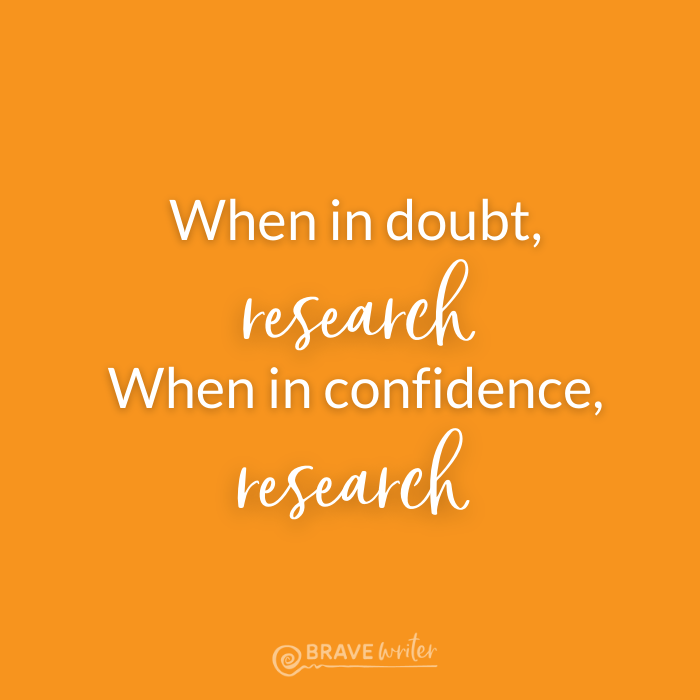Research

I read an interesting bit of research.
It’s possible to fool yourself and be perfectly rational at the same time.
It turns out, the more strongly your community holds an opinion, and the more in touch you are with the way they construct their arguments (with data, research and logic), the less likely it is you will be fair to whatever else you learn about your topic. In other words, the more you align with a perspective, the more you will find research and data to reinforce your point of view.
In fact, when our identity is wrapped up in our viewpoint, we will find sophisticated ways to discredit the contradictory evidence, and we’ll be able to give detailed analysis of why our point of view is rational and preferred, even in the face of evidence to the contrary. We take pride in these sophisticated take downs, in fact.
The “lower” information members of society are more likely to give a fair assessment of new data since it doesn’t threaten their strongly held belief, community loyalty, or identity.
Which means this: when we are educating kids, it matters to do research when we doubt and when we have confidence—both.
We must challenge ourselves and them to sit with the discomfort of data and information that does not fit comfortably in our carefully chosen beliefs. We need to teach them to resist the temptation to immediately sort information into “good for my side” and “bad for my side.” Otherwise, we are merely teaching rationalization and not critical thinking. We train them to be apologists rather than thinkers.
This post is originally from Instagram and @juliebravewriter is my account there so come follow along for more conversations like this one!


















